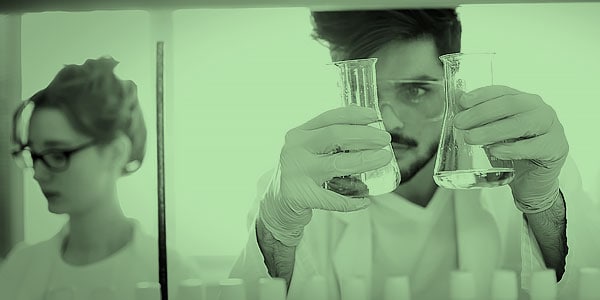Preparing New Pharmacy Students for Success

The number of applicants to schools of pharmacy has been decreasing in recent years while the number of accredited schools and colleges of pharmacy has continued to grow. With more schools and fewer applicants, pharmacy schools are having to compete for the better applicants and may struggle to fill incoming seats with adequately prepared new students.
In 2010 there were approximately 18,000 individual applicants to pharmacy schools. By 2017 that number has declined to approximately 16,500 individuals (read
For at least the past nine years, pharmacy schools have struggled with double-digit rates of attrition. The attrition rate for the class of 2017 according to the American Association of Colleges of Pharmacy was 12.1 percent (read
Broadly speaking the Pharmacy school’s mission is to “develop[] in the graduate the knowledge, skills, abilities, behaviors, and attitudes necessary to apply the foundational sciences to the provision of patient-centered care.” * The graduate is expected “to develop, integrate and apply knowledge from the foundational sciences … to evaluate the scientific literature, explain drug action, solve therapeutic problems, and advance population health and patient-centered care.” **
Like other graduate-level health professions, the pharmacy school curriculum is demanding. To help meet the challenge of supporting new students at a time when the applicant pool is declining, Exam Master is partnering with several schools of pharmacy to develop a pre-matriculation success program for newly-enrolled pharmacy students. The aim of this program is to make sure new pharmacy students have the foundational knowledge in the key subjects and topics they need to be successful in their first year of pharmacy school and beyond. The program starts by assessing new pharmacy students in the pre-requisite subject material (e.g. organic chemistry, biology, physiology, etc.) that is typically required as a pre-requisite for admission to pharmacy school, and
In recent years both the health care system and the higher and graduate educational systems in the U.S. have adopted the mantra “evidence-based” as the guiding principle to determine when and how interventions should be undertaken to improve outcomes. Without evidence that something works, promotes a measurable and desirable outcome, there is little appetite for its adoption in either
For more information, please contact Jim Pearson, VP of Academic Solutions.
